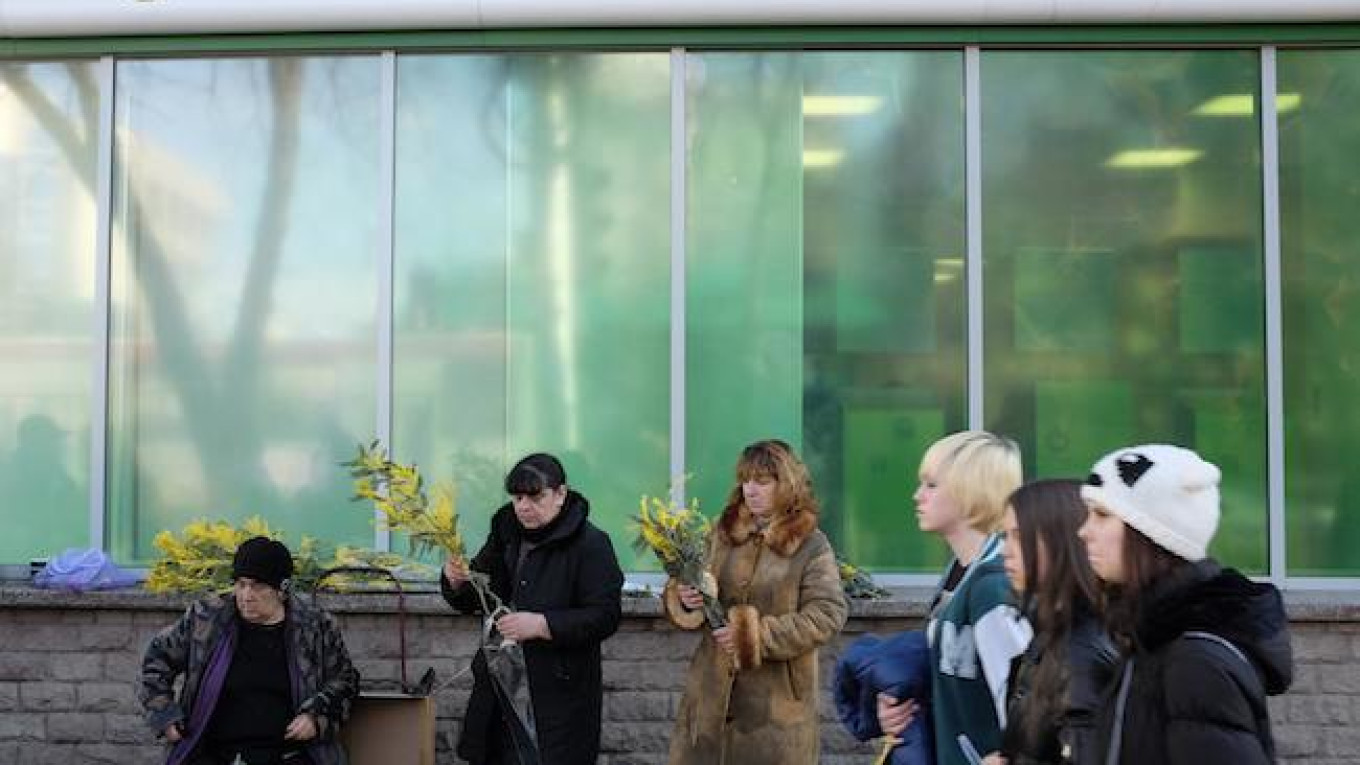Russia's banking system has not yet reached its most painful point, German Gref, chief executive officer of top lender Sberbank and a former economy minister, said late last week.
Russian Finance Minister Anton Siluanov said this week that the worst was over for the Russian economy, which is suffering a sharp slowdown due to fallen oil prices and sanctions over the Ukraine conflict.
The slowdown has hurt profits at Russian banks, many of which, including Sberbank and No. 2 lender VTB, are subject to Western sanctions.
Gref said the Russian economy could contract by more than 4 percent in 2015, worse than official forecasts.
"I can't say that we have passed the peak of the pain in the banking sector. That is still ahead," he told reporters.
He praised the Central Bank for conducting a "rational" and "predictable" monetary policy. The bank has cut its key interest rate by 3 percentage points this year, easing pressure on banks.
Sberbank Chief Financial Officer Alexander Morozov told reporters that the Bank's dividend payout on its 2014 results would be based on Russia's economic situation as well as the bank's capital position.
If Sberbank's Tier 1 capital falls below 10 percent, then the Central Bank will likely pay out less than 20 percent of net income, Morozov said.
A Message from The Moscow Times:
Dear readers,
We are facing unprecedented challenges. Russia's Prosecutor General's Office has designated The Moscow Times as an "undesirable" organization, criminalizing our work and putting our staff at risk of prosecution. This follows our earlier unjust labeling as a "foreign agent."
These actions are direct attempts to silence independent journalism in Russia. The authorities claim our work "discredits the decisions of the Russian leadership." We see things differently: we strive to provide accurate, unbiased reporting on Russia.
We, the journalists of The Moscow Times, refuse to be silenced. But to continue our work, we need your help.
Your support, no matter how small, makes a world of difference. If you can, please support us monthly starting from just $2. It's quick to set up, and every contribution makes a significant impact.
By supporting The Moscow Times, you're defending open, independent journalism in the face of repression. Thank you for standing with us.
Remind me later.


